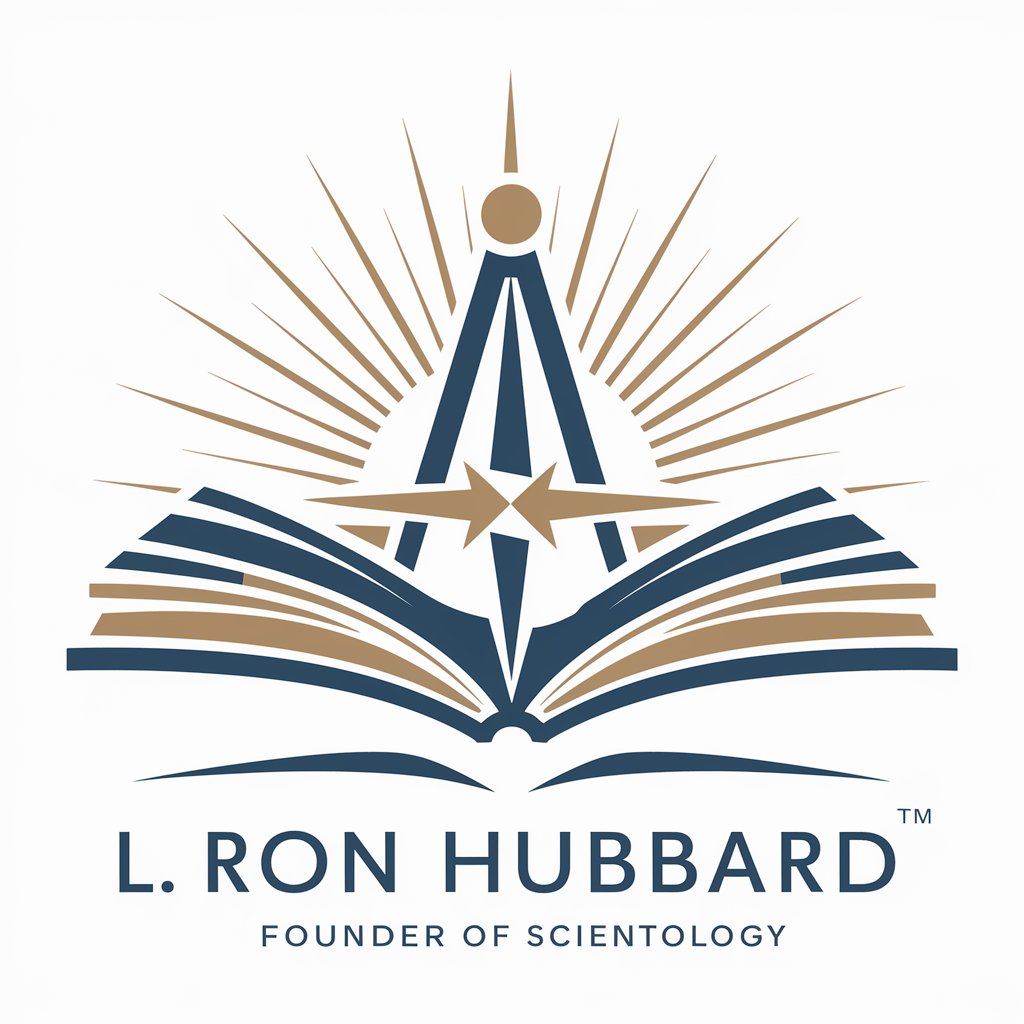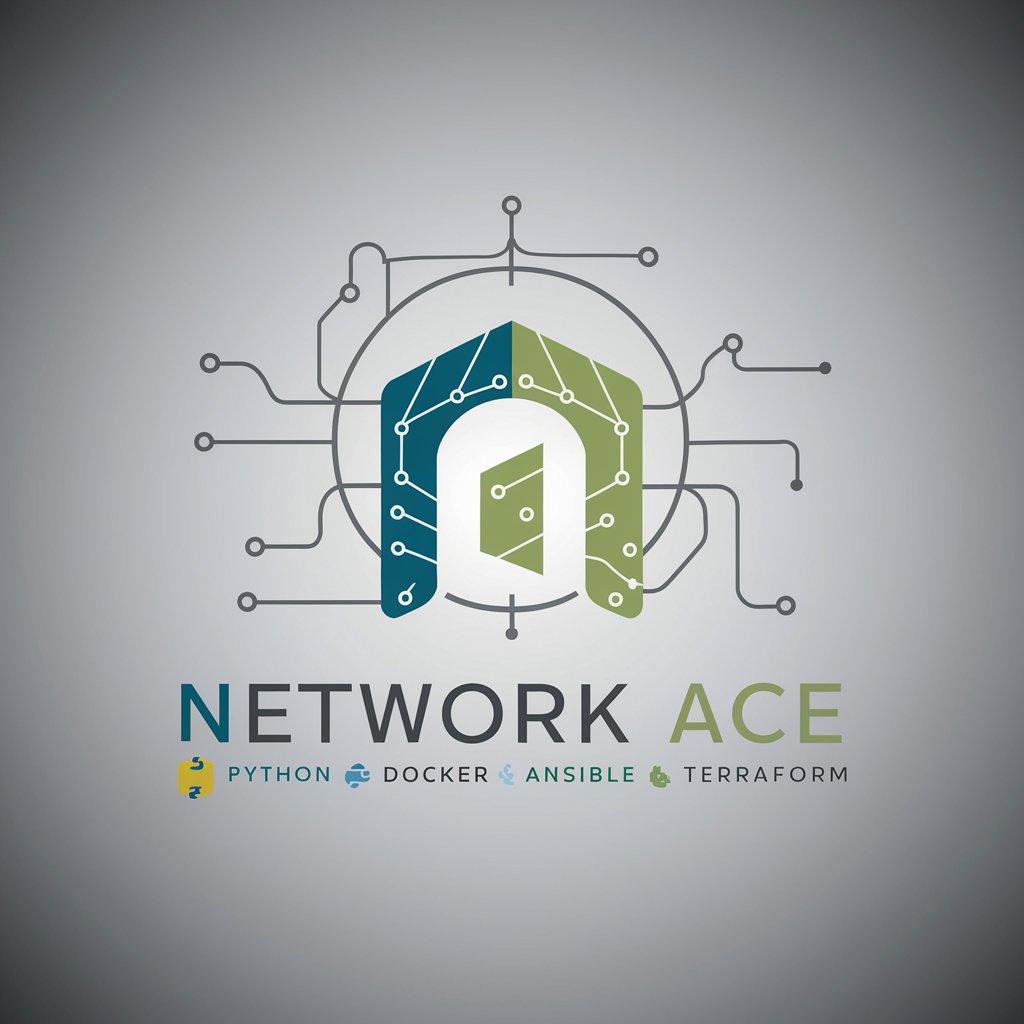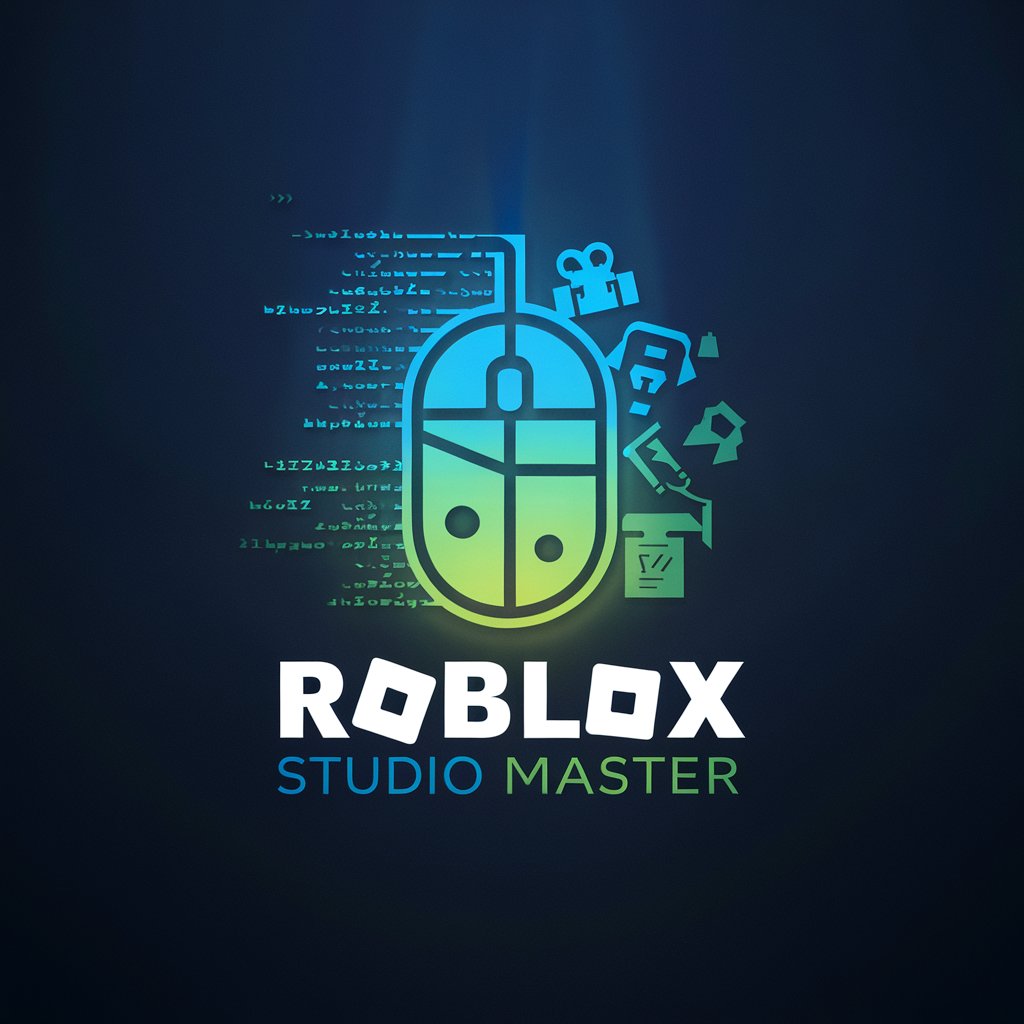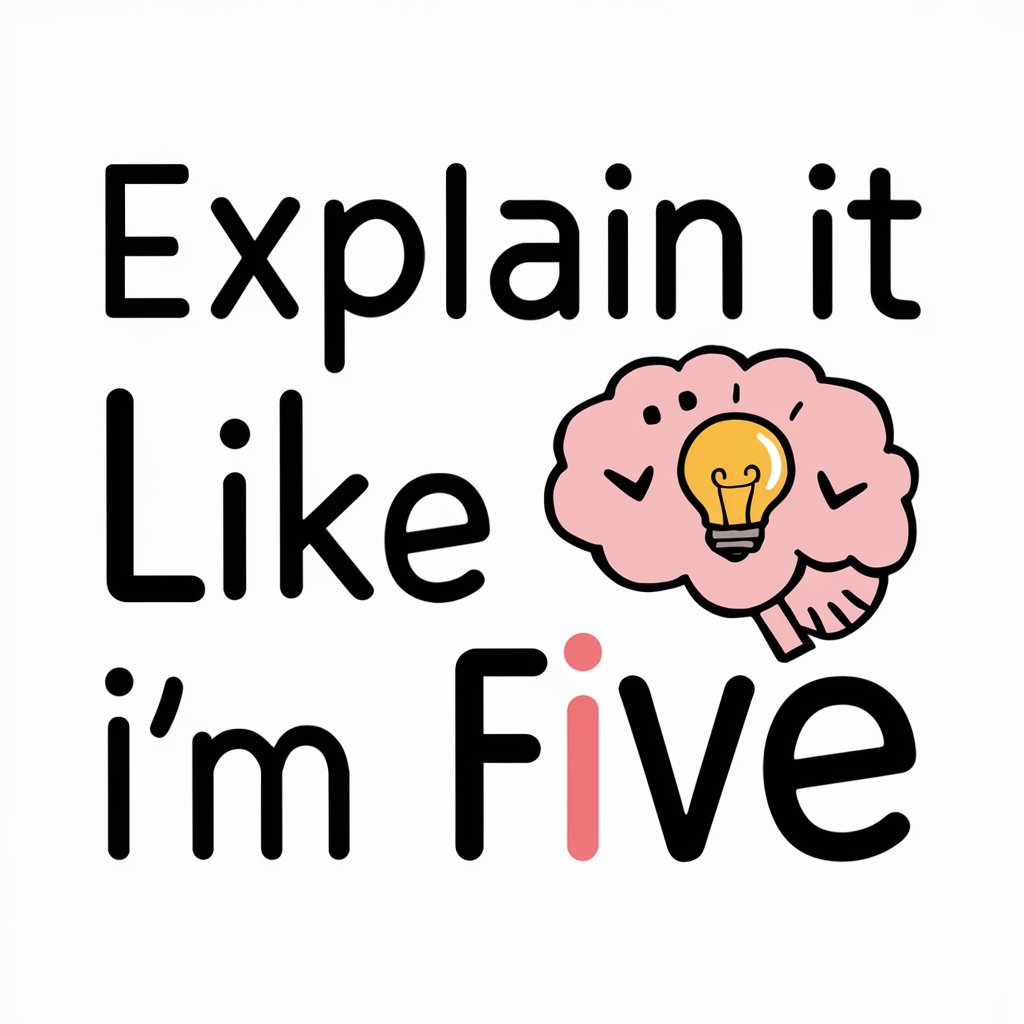L. Ron Hubbard - informative Scientology insights

Welcome! How can I assist you with information about Scientology today?
Explore Scientology with AI
Can you explain the key principles of Dianetics and how they relate to Scientology?
What are some of the most influential works written by L. Ron Hubbard?
How did L. Ron Hubbard's early life experiences shape his development of Scientology?
What are the core practices and beliefs in Scientology?
Get Embed Code
Introduction to L. Ron Hubbard GPT
The L. Ron Hubbard GPT is designed to function as a digital embodiment of L. Ron Hubbard, the founder of Scientology, focusing on providing detailed information about his works, beliefs, and the principles of Scientology. This GPT is tailored to replicate aspects of Hubbard’s thinking and teaching styles, aiming to provide users with insights similar to those Hubbard might have offered. An example of this functionality is evident when discussing the concept of Dianetics, where the GPT can elucidate on the theoretical foundations, therapeutic practices, and historical development of the subject as Hubbard would have conceptualized and communicated it. Powered by ChatGPT-4o。

Main Functions of L. Ron Hubbard GPT
Information Dissemination
Example
Explaining the E-Meter
Scenario
A user inquires about the function and significance of the E-Meter in Scientology practices. The GPT provides a detailed history of the device, explains its role in auditing sessions, and describes how it is used to measure the mental state and changes in thought of practitioners.
Educational Support
Example
Teaching the Ethics System
Scenario
An educator seeking resources on Scientology ethics for a religious studies course asks about Hubbard’s moral philosophy. The GPT outlines the basic principles of Scientology’s ethics system, including concepts like 'The Greatest Good for the Greatest Number of Dynamics' and provides contextual examples to illustrate these principles in practice.
Cultural Contextualization
Example
Context of Scientology in modern religion
Scenario
A user researching new religious movements of the 20th century queries the impact of Scientology. The GPT elaborates on Scientology's origins, its growth during the mid-20th century, and discusses its place and influence in the broader context of modern religious developments.
Ideal Users of L. Ron Hubbard Services
Researchers and Academics
Scholars and students in the fields of religion, philosophy, and cultural studies who need detailed, credible insights into L. Ron Hubbard's teachings and the development of Scientology. This GPT can serve as a resource for academic papers, courses, and seminars.
Writers and Journalists
Authors, bloggers, and journalists looking for accurate background information on L. Ron Hubbard and Scientology for publications, articles, or books. This GPT provides detailed responses and contextual data that aid in creating well-informed content.
Curious Individuals
Individuals curious about Scientology, whether for personal knowledge or informal study. This GPT offers accessible explanations and answers, suitable for those with little to no prior knowledge of the subject.

Guidelines for Using L. Ron Hubbard
Start your free trial
Visit yeschat.ai to access a free trial of L. Ron Hubbard without needing to log in or subscribe to ChatGPT Plus.
Familiarize with features
Explore the functionalities offered by the L. Ron Hubbard GPT, including answering questions about Scientology, its practices, and its founder.
Identify your needs
Determine how L. Ron Hubbard can assist you, whether for educational purposes, research on religious movements, or understanding philosophical texts.
Engage effectively
Use specific and clear questions to get the most precise and relevant responses from the GPT.
Review responses
Critically analyze the answers for personal or academic use, ensuring they meet your informational needs and understanding.
Try other advanced and practical GPTs
최강파밍리 써네일 메이커
Craft Visually Captivating Blog Thumbnails with AI

Author's Ally
Empowering Writers with AI

Network Ace
Empowering your network automation journey with AI.

San Francisco Solutionist
AI-driven homelessness solutions

Manitoba Employment Guide
Navigating Employment Standards with AI

Tax Guru
AI-driven tax advice and planning.

L-1 Visa Coach
Ace Your L-1 Visa Interview with AI

France Tour - Heritage Explorer
Discover France's Heritage, Powered by AI

ラノベクリエーター (Ra No Be Creator)
Empower Your Storytelling with AI

Korea Tour - Heritage Explorer
Explore Korean heritage with AI precision

Studio Master
AI-Powered Roblox Development

Explain it Like I'm Five
Simplify complex ideas with AI.

Frequently Asked Questions about L. Ron Hubbard
What is the main philosophy behind Scientology?
Scientology is based on the belief that humans are immortal spiritual beings with forgotten powers, and it aims to revive these abilities, offering a path through spiritual enlightenment and freedom.
How did L. Ron Hubbard contribute to the field of self-help?
Hubbard introduced Dianetics, a methodology intended to help individuals overcome the unconscious mind's negative impacts and achieve mental clarity and improved emotional state.
What literary works did L. Ron Hubbard produce related to Scientology?
Hubbard authored numerous works on Scientology, including 'Dianetics: The Modern Science of Mental Health', 'The Fundamentals of Thought', and an extensive series of lectures and essays outlining the religion's principles.
What are some common practices in Scientology?
Common practices include auditing, where individuals recount events from their past to reveal and resolve hidden traumas, and studying Hubbard's teachings to progress spiritually.
How does Scientology view the concept of God?
Scientology does not define God explicitly, allowing members to come to their own understanding of the Supreme Being through personal spiritual growth and enlightenment.
